Improving water quality
Keeping pollutants off the Reef by improving farming and land-management practices.
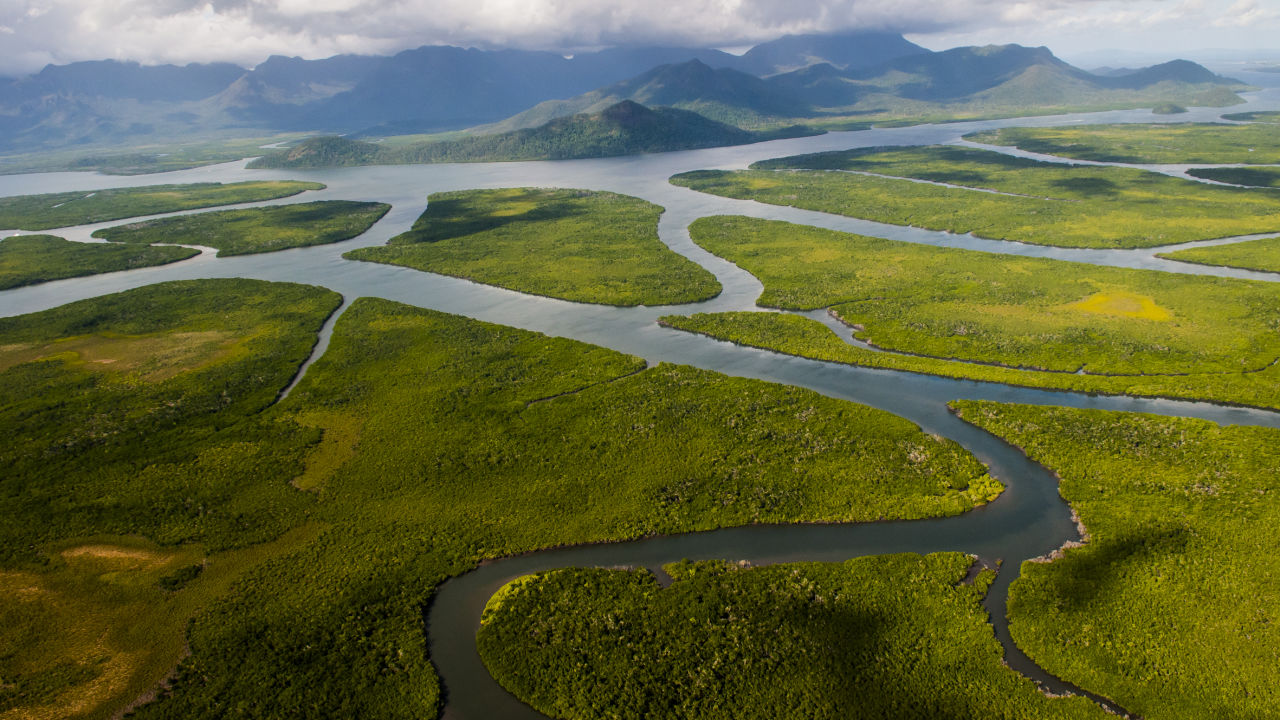
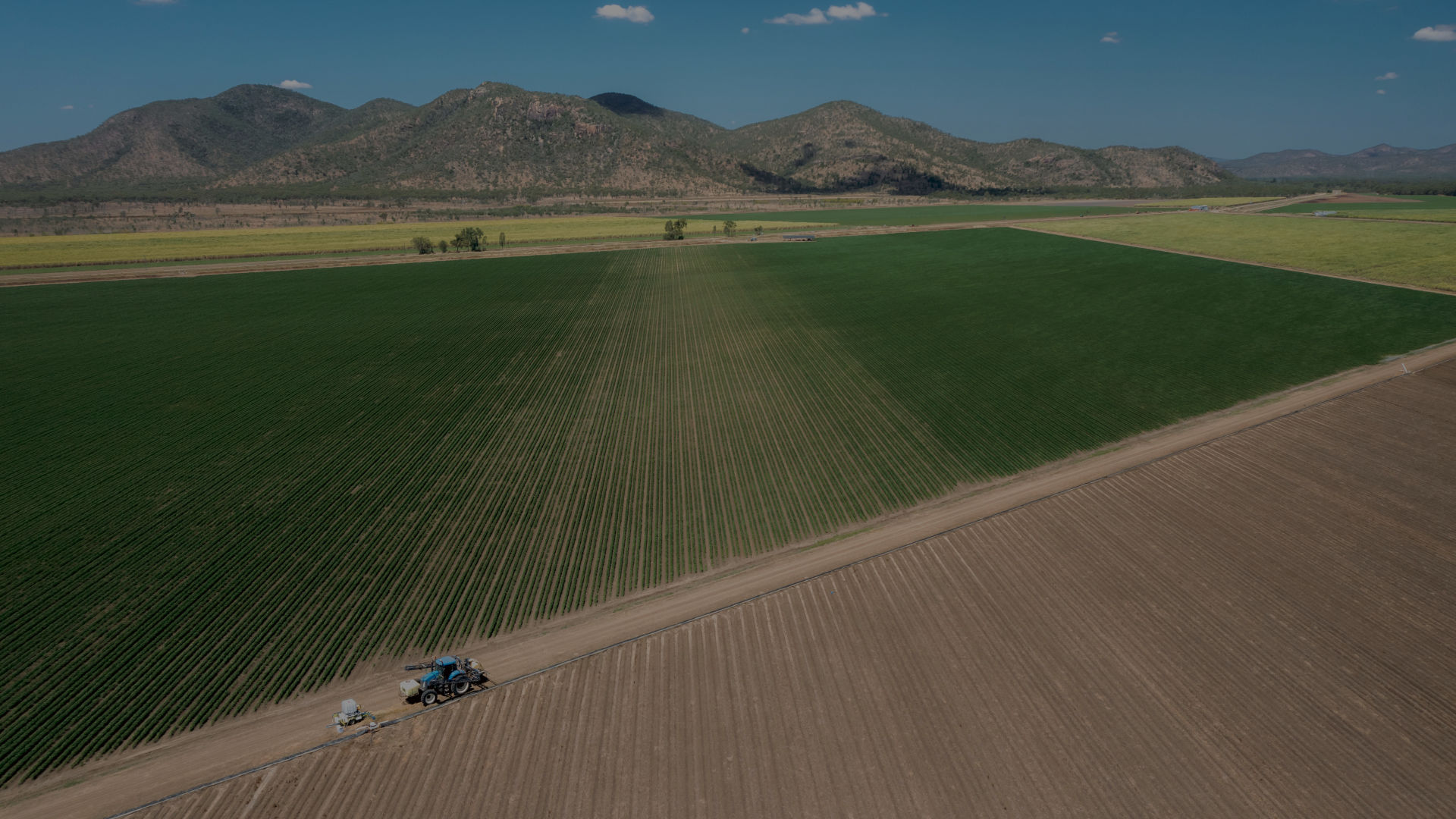
#The challenge
Poor water quality is one of the most significant threats to the Great Barrier Reef. Pollutants create a constant pressure on Reef health, making it harder for marine life to survive and for the entire ecosystem to withstand other significant threats such as climate change.
Many of the pollutants found on the Reef typically start their journey on agricultural land in regional Queensland. When it rains, sediment, nutrients and pesticides wash into rivers and streams that flow out onto the Reef. There are 35 major waterways, or catchments, across Queensland that run out to the Reef, the largest of which are the Burdekin, Burnett and Fitzroy catchments.
We're working with farmers and landowners to help reduce the amount of pollutants that leave properties and enter the Reef catchments by improving land management practices, stabilising riverbanks, restoring the landscape, improving irrigation practices and implementing new technologies that limit chemical and fertiliser use.
#Our solutions
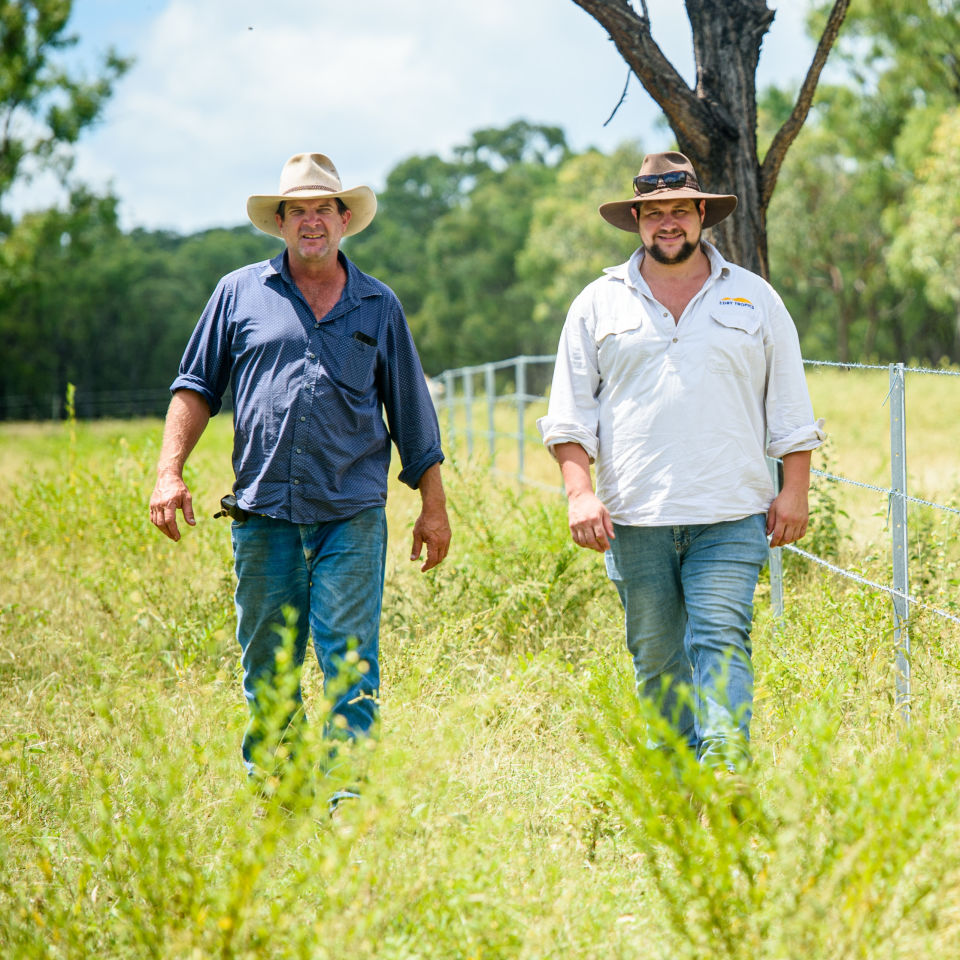
Regenerative agriculture
We're working with graziers and cane farmers to introduce strategies that improve soil health and land condition, reducing sediment and nutrient run-off for a healthier Great Barrier Reef.
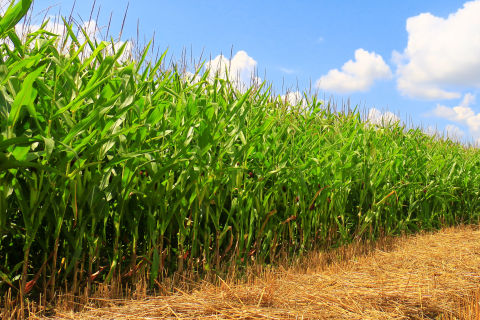
Nitrogen insurance
We've developed a world-first insurance product – Nitrogen Risk Insurance – to help farmers who are reducing their fertiliser use manage the risk of lower crop yields. This innovative approach has been developed specifically for Queensland’s sugarcane farmers to overcome a significant barrier to adopt reduced nitrogen rates.
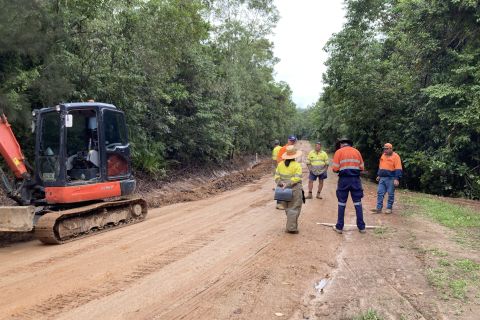
Cleaner roads
Across all Reef catchments, there are thousands of kilometres of unsealed state and local government roads, with traffic and run-off contributing to gully erosion and increasing sediment loads. We're developing an innovative method for councils to identify areas of risk in the unsealed road network and a suite of cost-effective and practical management measures.

Automated irrigation
We're helping farmers transition to automated irrigation systems that reduce their costs and improve productivity and profitability. Crucially, this also improves water quality by preventing overwatering and run-off from polluting the Reef.
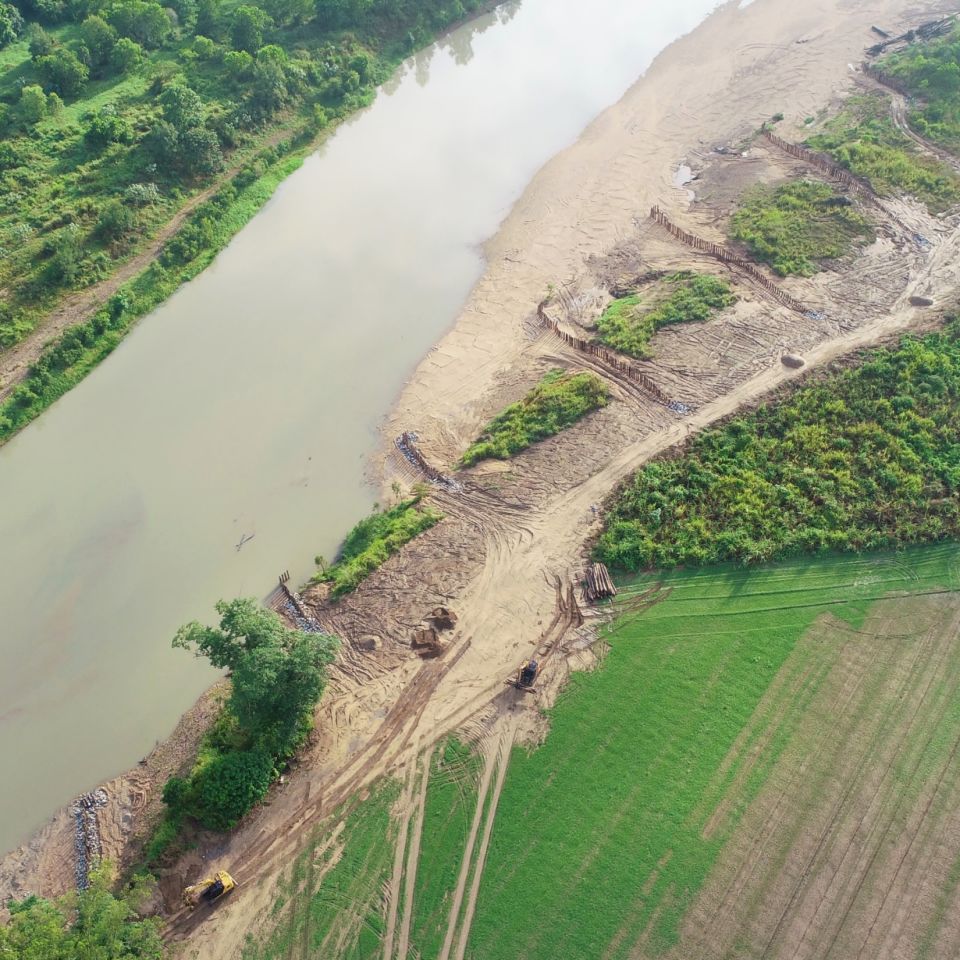
Restoring streams and gullies
We're working with landholders to restore streambanks and gullies through improved land management and grazing strategies to prevent fine sediment from washing into Reef waterways.
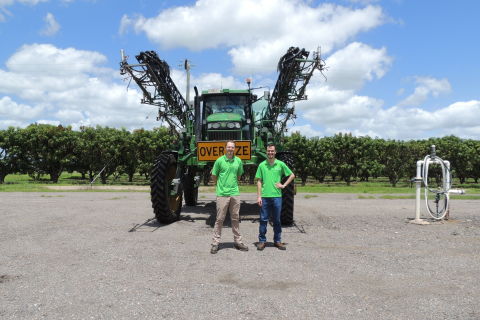
Smart weed detection
This technology encompasses innovative engineering, robotics and machine learning to detect and spray weeds in real time, releasing just enough pesticide to manage the infestation. Trials are showing the smart prototype is highly effective at eliminating weeds and reducing pesticide use compared to blanket spraying, saving farmers money and preventing chemicals from flowing onto the Reef.
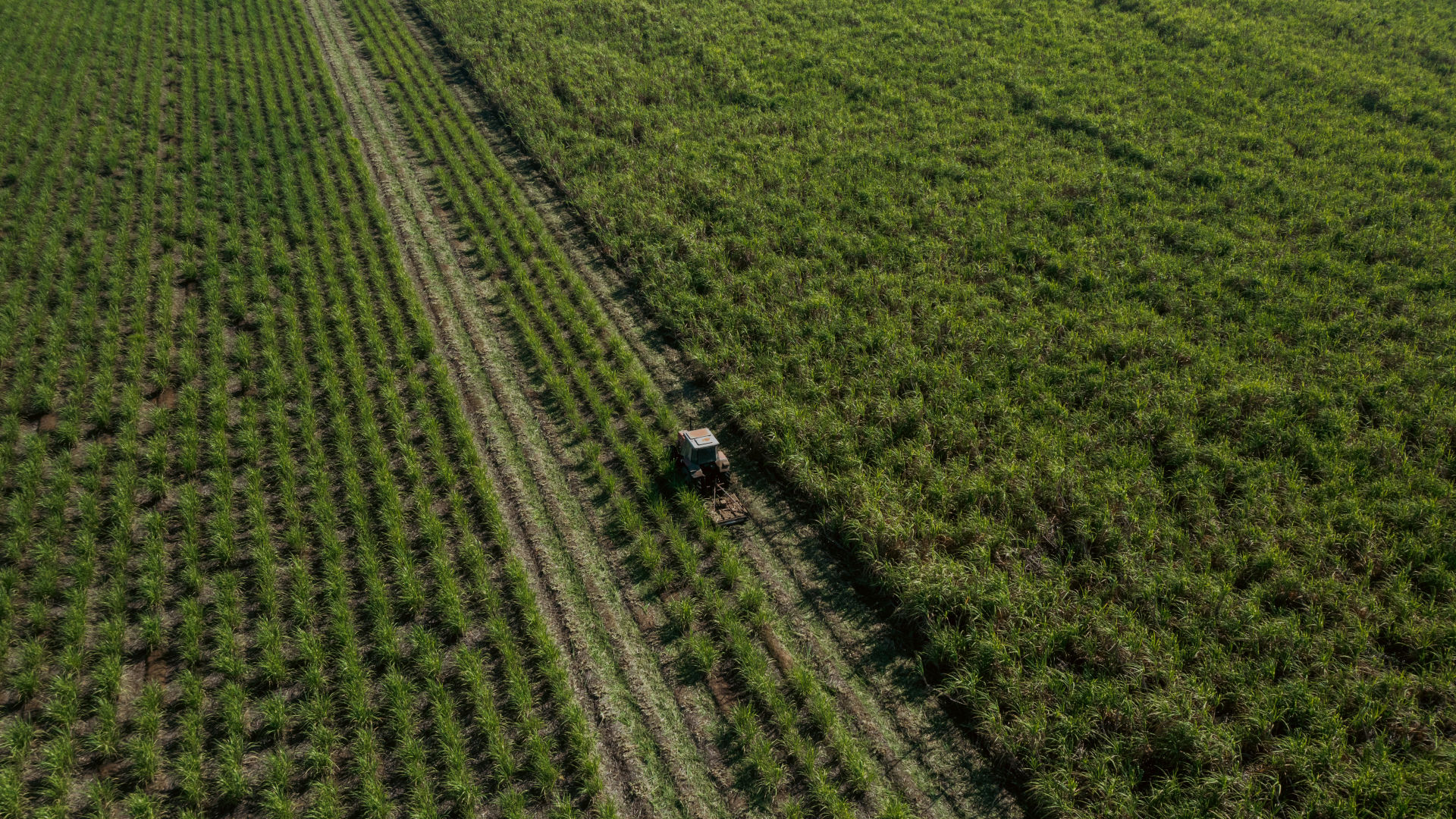
#Project gallery
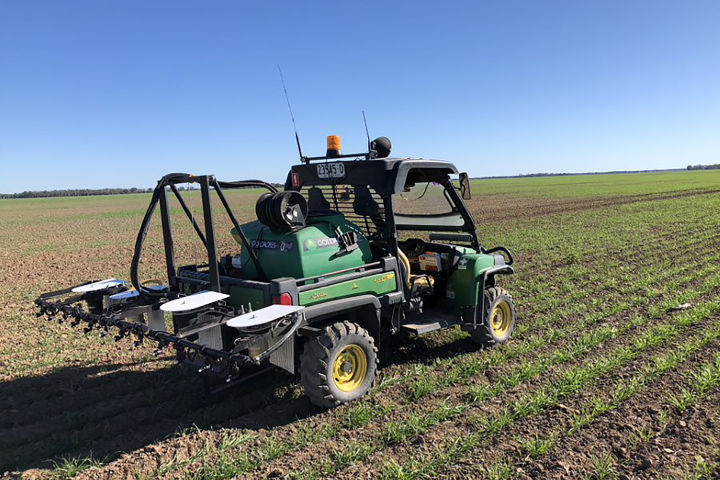
An AI weed sprayer prototype. Credit: AutoWeed
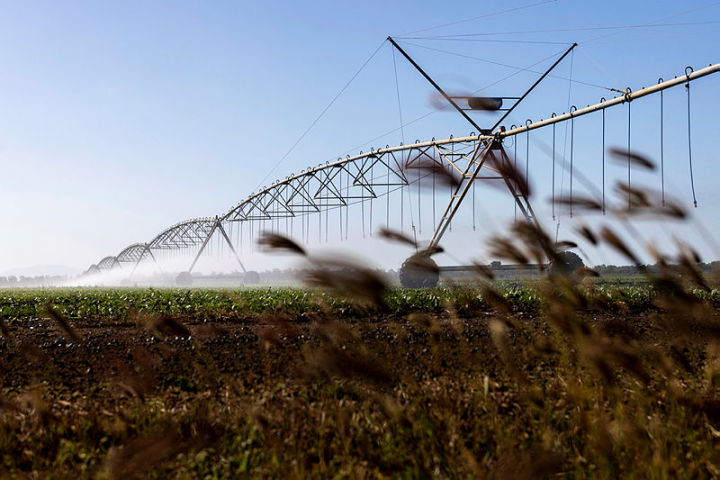
An automated irrigation system in action. Credit: Emvielle Photography
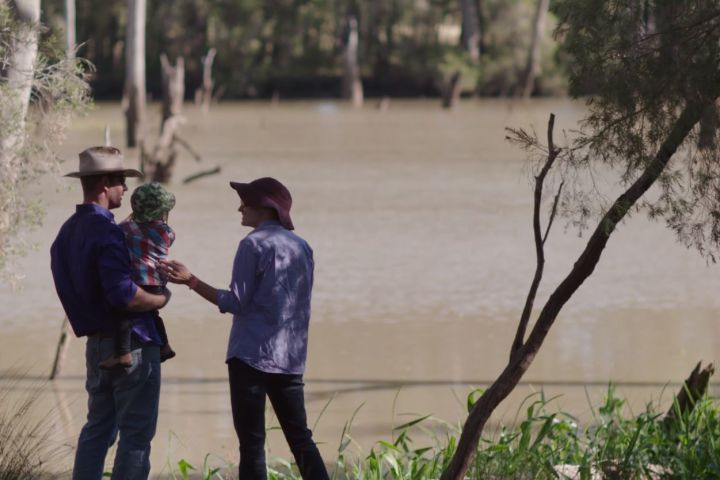
Restoring riverbanks helps prevent flooding. Credit: Resource Consulting Services Australia
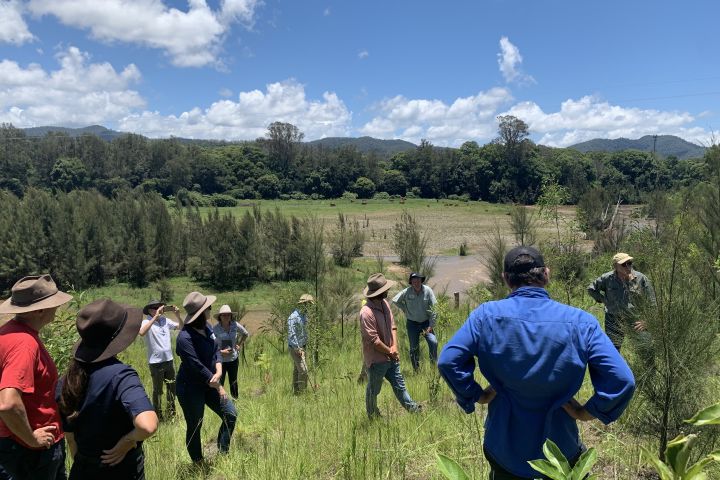
Streambank stabilisation in the Mary River Catchment.

Riverbank restoration. Credit: Fitzroy Basin Association
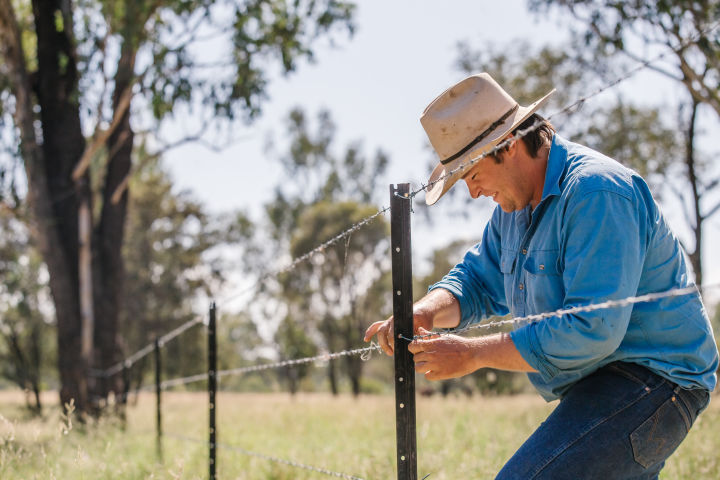
Stabilising streambanks. Credit: Fitzroy Basin Association
#Featured stories

#Tomorrow needs you, now.
The Great Barrier Reef is in desperate need of support. Donate today to help grow new baby corals, creating a better future for the Reef.




